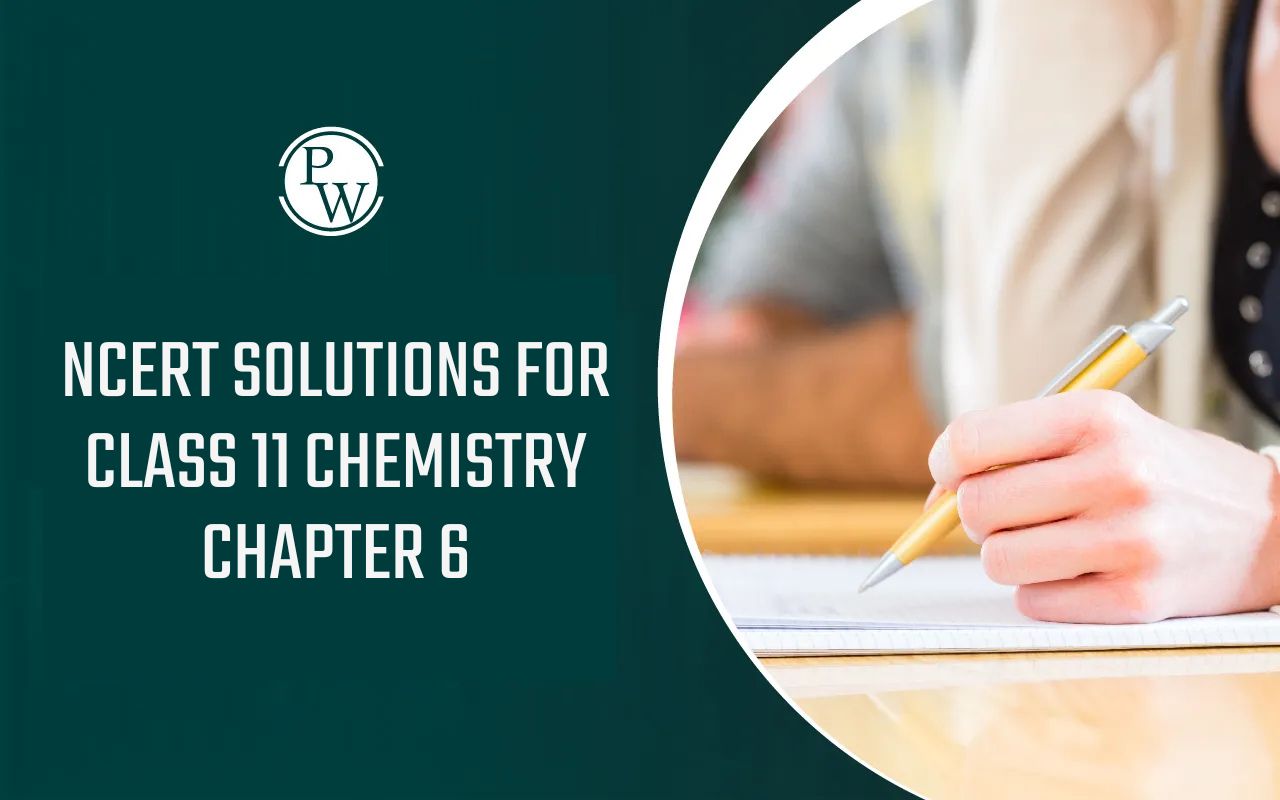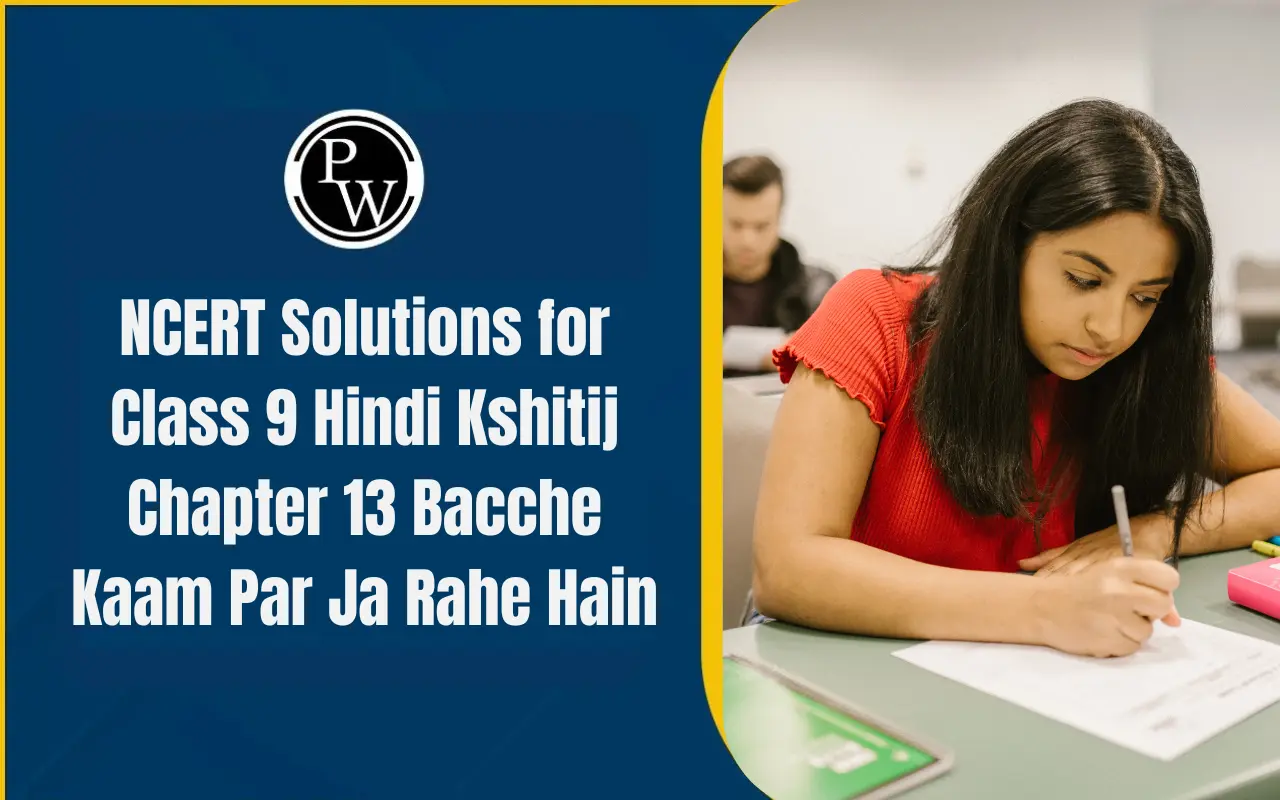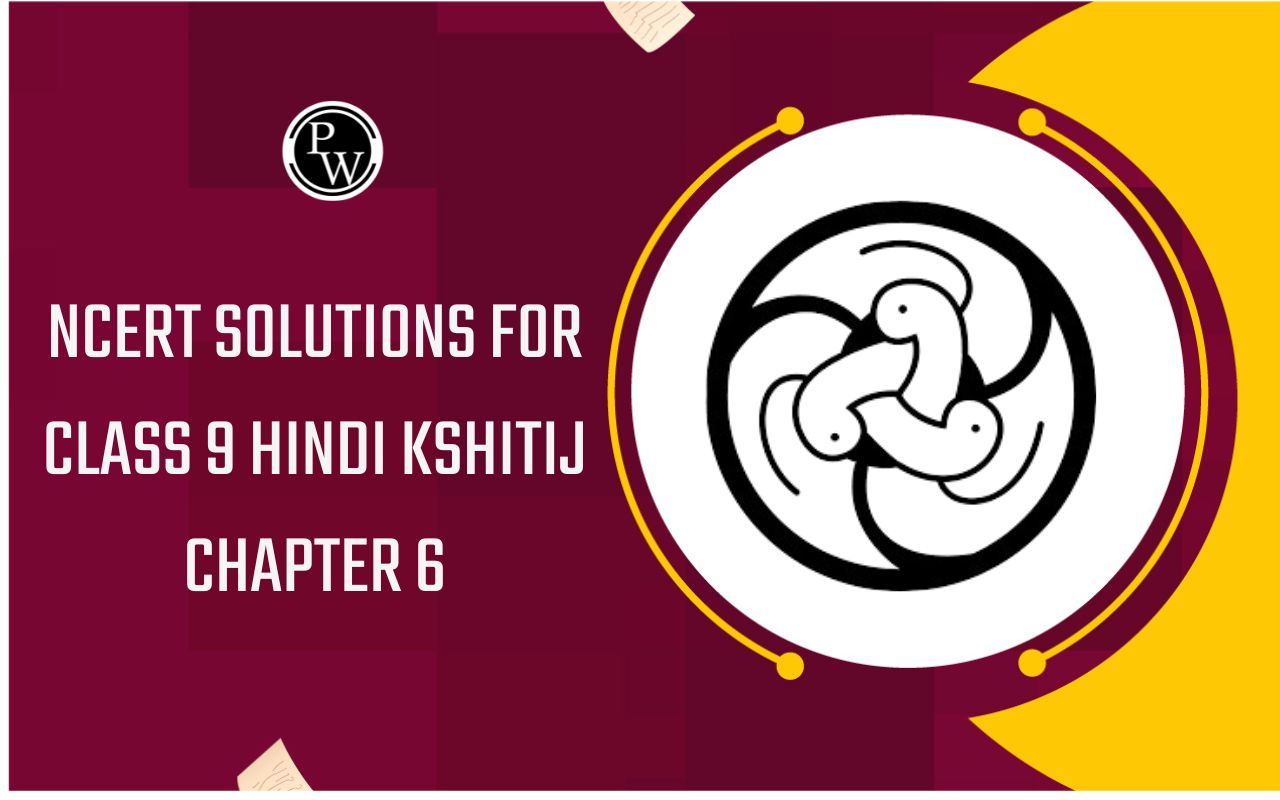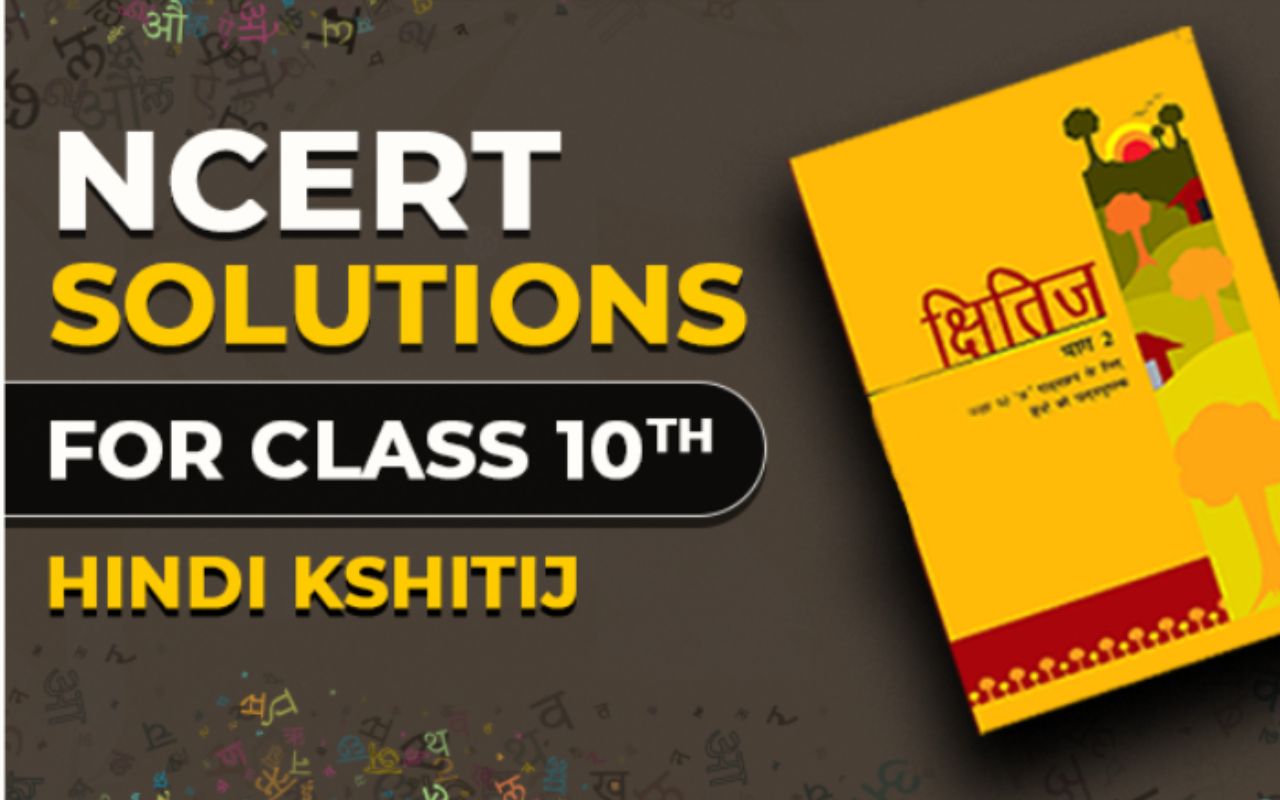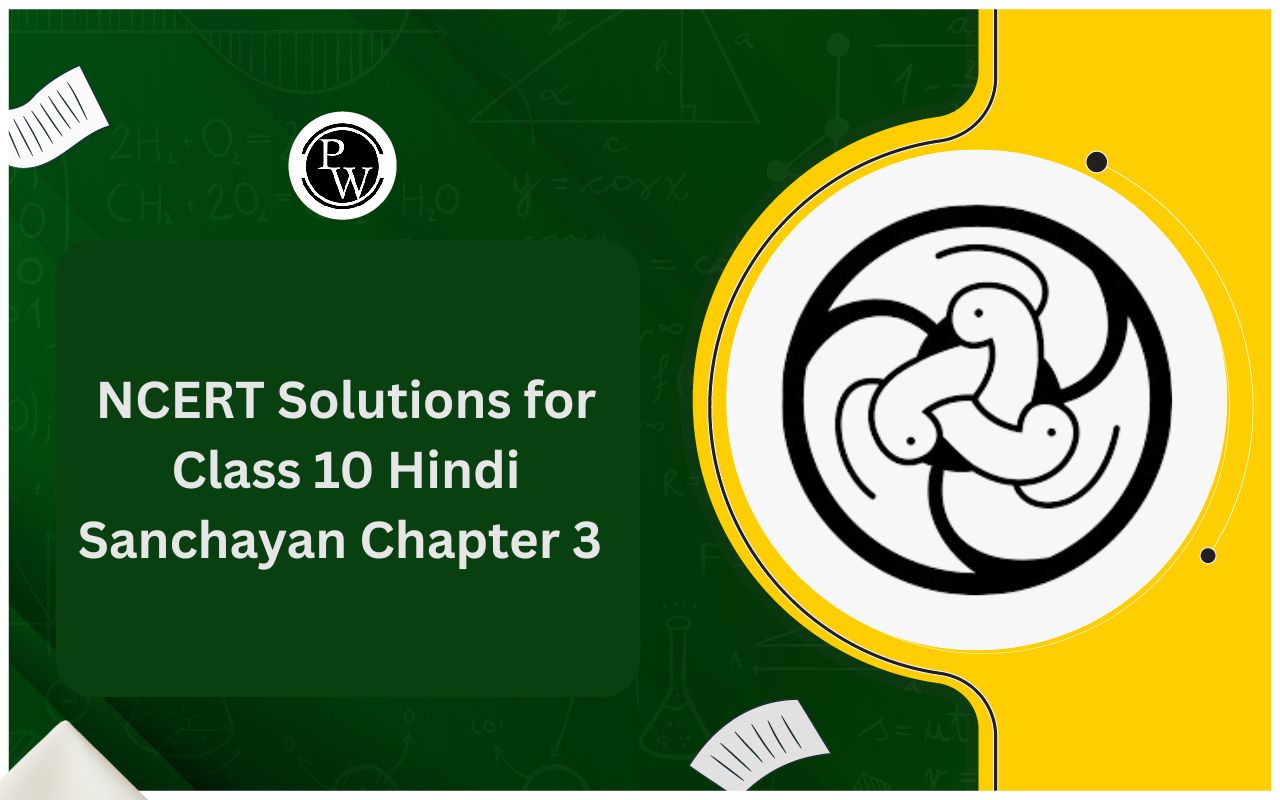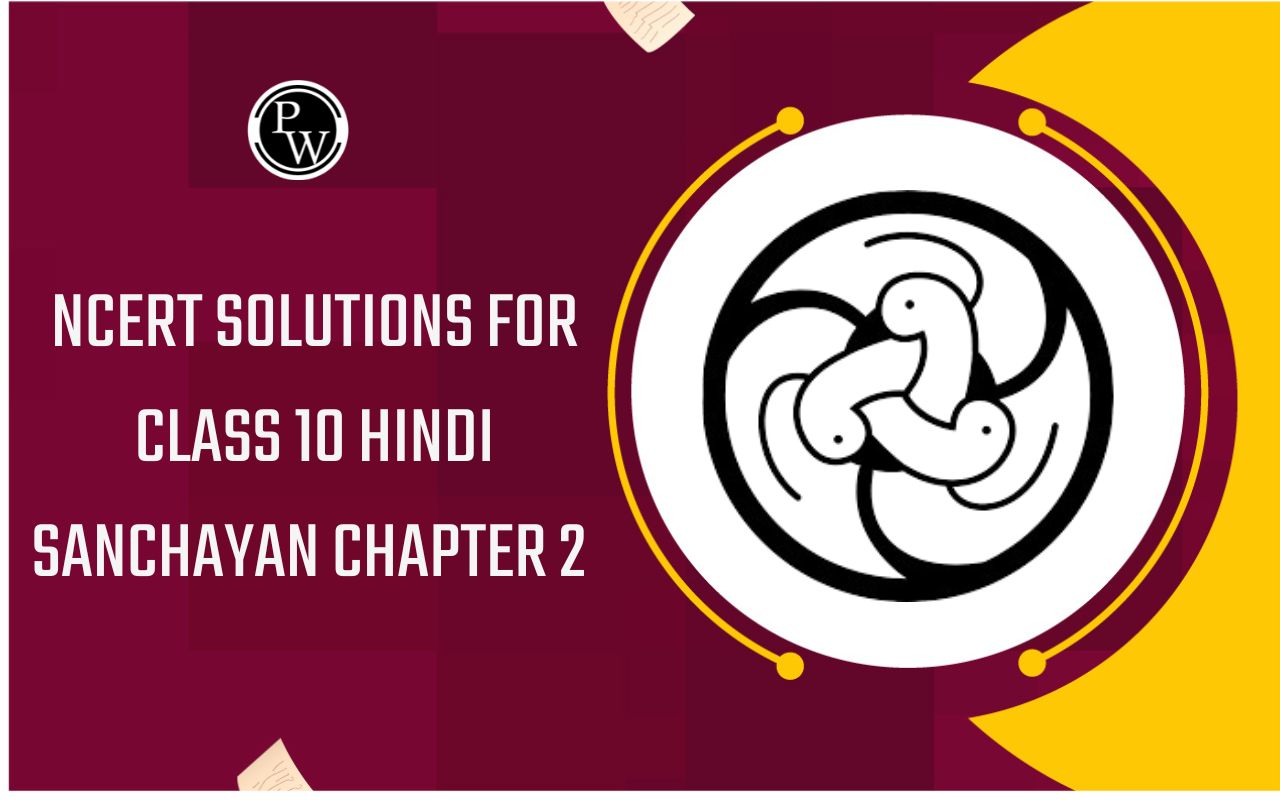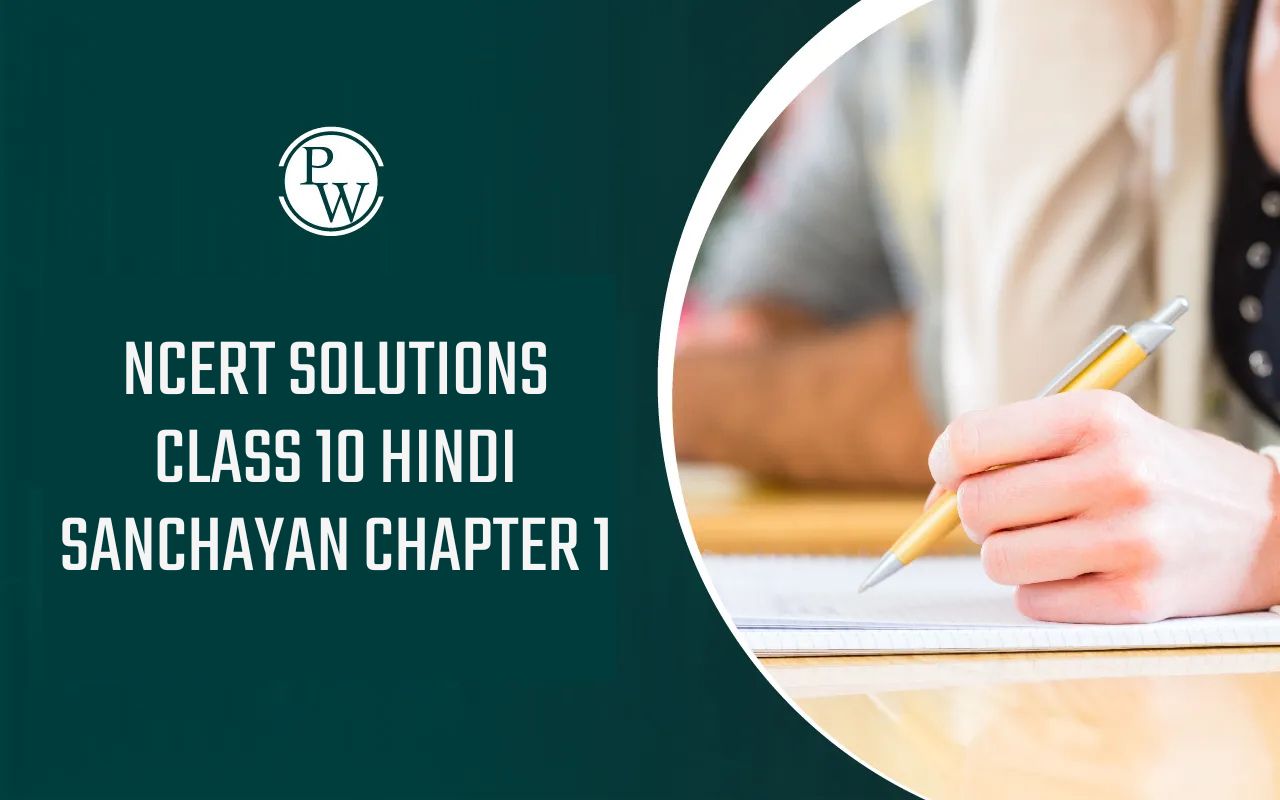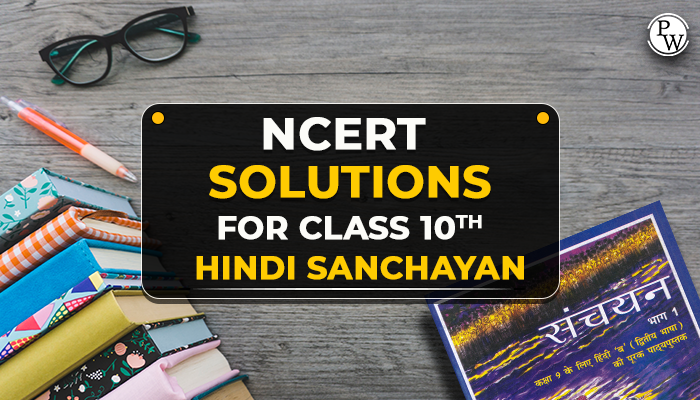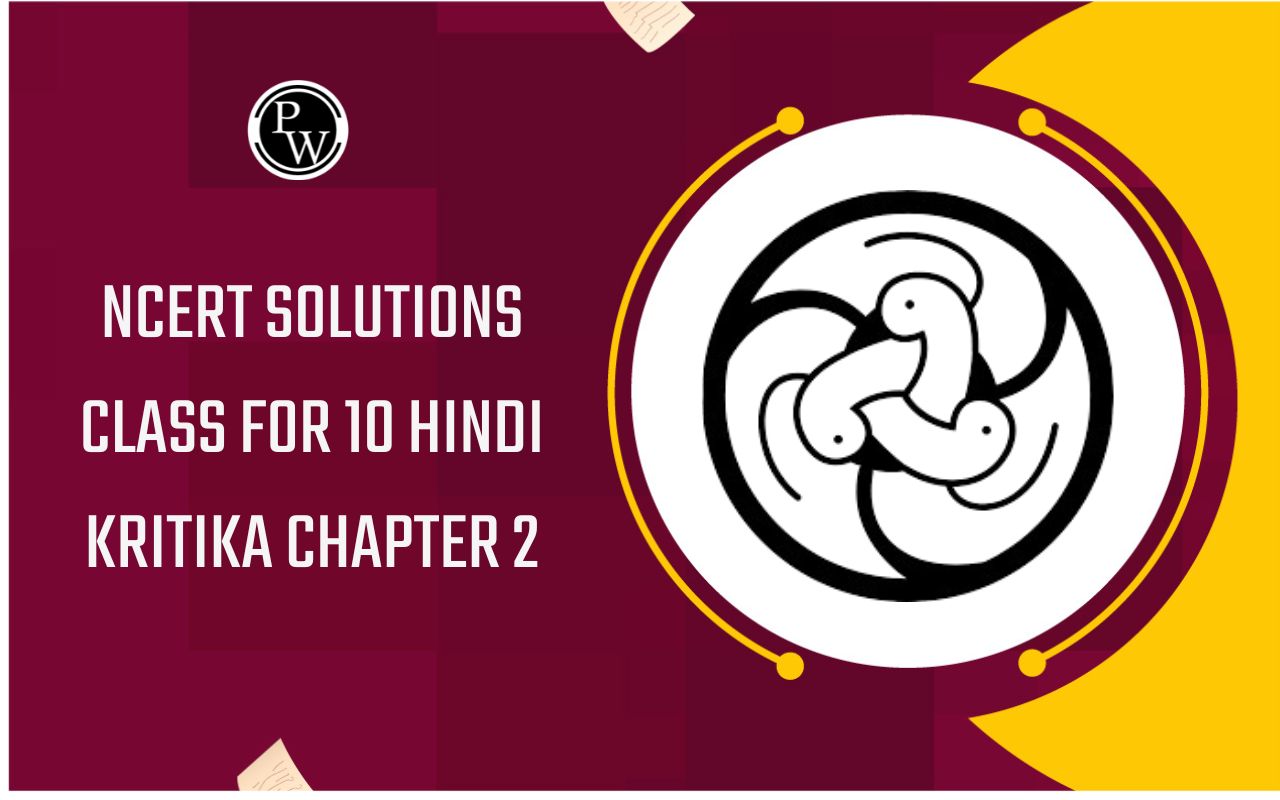
NCERT Solutions for class 8 Civics (Political Science) Chapter-5
Jul 10, 2024, 16:45 IST
NCERT Solutions for Class 8 Civics Chapter 5: Judiciary
This Page consist of NCERT Solutions for Class 8 Civics Chapter 5: Judiciary all questions are explained in detail. Refer our NCERT solutions to score good marks in class 8.
Do follow NCERT Solutions for class 8 Maths and NCERT solutions for class 8 Science prepared by Expert Teacher.
NCERT TEXTBOOK QUESTIONS
Q1. You read that one of the main functions of the judiciary is upholding the Law and Enforcing Fundamental Rights. Why do you think an independent Judiciary is necessary to carry out this important function?
Ans. No doubt, the most important function of the judiciary is to uphold the law and enforce Fundamental Rights. It protects the Fundamental Rights from being eroded, abridged or infringed upon by any person, group of persons or the state itself. An independent judiciary is necessary because if the judiciary is under the influence of executive and members of legislative houses; it won’t be able to give fair decisions.
Q2. Re-read the list of Fundamental Rights provided in Chapter-1. How do you think the Right the Constitutional Remedies connects to the idea of judicial review?
Ans . List of the Fundamental Rights:
a. Right to equality.
b. Right to Freedom.
c. Right to freedom of religion.
d. Right against exploitation.
e. Cultural and Education Rights.
f. Right to Constitutional remedies.
Right to Constitutional remedies allows a citizen to move to the court if they believe that any of the fundamental rights have been violated by the state. This right connects to the idea of judicial review also says that the judiciary has the power to strike down a popular law of the Parliament if it believes that there is a violation of the basic structure of the constitution.
Hence, it is clear that right to Constitution Remedies connects to the idea of judicial review.\
Q3. In the following illustration, fill in each tier with the judgments give by the various courts in the Sudha Goel case. Check your responses with others in class.
Ans.
i. The trial (lower) court convicted Laxman, his mother Shakuntla and his brother-in-law Subhash Chandra and sentenced all three of them to death.
ii. The High Court gave the judgment that Sudha had died due to an accidental fire caused by the Kerosene stove; Laxman, Shakuntla and Subhash Chandra were acquitted.
iii. The Supreme Court heard the arguments of the lawyers and reached a decision that was different from that of the high Court. They found Laxman and his mother guilty but acquitted the brother-in-law Subhash Chandra but they did not have enough evidence against him. The Supreme Court decided to send the accused to prison for life.
a. The accused took the case to High Court because they were unhappy with the decision of the Trial Court.
b. They went to the High Court after the Supreme Court had given its decision.
c. If they don’t like the Supreme Court verdict, the accused can go back again to the Trial Court.
Ans.
a. True.
b. False: The decision of the Supreme Court is full and final.
c. False: The Supreme Court is the apex court of the country and no appeal can be filed against the decision of the Supreme Court.
Q5. Why do you think the introduction of Public Interest Litigation (PIL) in the 1980s is a significant step in ensuring access to justice for all?
Ans. The introduction of Public Interest Litigation (PIL) in the 1980s is a significant step in ensuring access to justice for all because any individual or organization is allowed to file PIL in a High Court or the Supreme Court on behalf of those who are themselves unable to file a case even if their rights are violated. The legal process is simplified and simple letter or telegram addressed to a High Court or the Supreme Court is to be regarded as PIL.
Q6. Re-read the excerpts from the judgment on the Olga TellisVs Bombay Municipal Corporation case. Now write in your own words what the judges meant when they said that the Right to Livelihood as part of the Right to Life.
Ans. The judges in the Olga TellisVs Bombay Municipal Corporation observed an equally important fact of right to life is the right to livelihood because no person can live without the means of living, that is, the means of livelihood.
Tying to protect the livelihood of the slum dwellers the judges decided that the eviction of a person from a pavement or slum will inevitably lead to the deprivation of his means of livelihood and consequently to the deprivation of life.
The Right of Life conferred by Article 21 is wide and far reaching. Life means something more than mere animal existence.
Q7. Write a story around the theme, “Justice delayed is justice denied.”
Ans. The delay in giving justice amounts to a negation of the principle of justice.
A story around the theme runs like this:
Gopal took a loan of Rs. 1,00,000 from a moneylender for the marriage of his daughter. As he was coming back, a thief snatched the bag of money from him. He screamed and luckily the people in the locality helped him to take his bag from the thief. However, the bag first went to the police custody and the case took a long time in the court so that Gopal could not get the money on time and the marriage of his daughter was cancelled and he was also mentally harassed. Hence, it is true to say “Justice delayed is justice denied.”
Q8. Make sentences with each of the glossary words given below:
a. Acquit
b . To appeal
c. Compensation
d. Eviction
e. Violation
Ans.
a. Acquit: He was honorably acquitted of blame by a court martial.
b. To appeal: Our school made efforts for fund raising for the tsunami appeal.
c. Compensation: The court granted huge compensation to the young lady after the divorce.
d. Eviction: Unlawful eviction and harassment is a criminal offence in the United Kingdom.
e. Violation: Violation of traffic rules can lead to huge losses.
Q9. The following is a poster made by the Right to food campaign.
Read this poster and list the duties of the government to uphoid the Right to Food.
How does the phrase “Hungry stomachs, overflowing godowns! We will not accept it!” used in the poster relate to the photo essay on the Right to Food?
Ans. The Constitution of India grants the citizens the Right to live. Right to live is closely associated with the Right to Food.
The duties of the government to uphold the Right to Food are:
(a) To provide at least minimum food item to the people either totally free or charging very nominal cost.
(b) To check the hoarding of wheat, rice, sugar.
(c) To provide mid-day meals to the poor-children in the school.
‘Hungry stomachs, overflowing godowns’ is not at all acceptable in a civilized society. Instead, the need of the hour is Guru Nanak’s saying;” oaM[KK] {KaM[KKA” If the hoarding of food is not discouraged, the people with hungry stomach will attempt to commit crimes.
Find pdf of NCERT Solutions for Class 8 Civics Chapter 5: Judiciary

